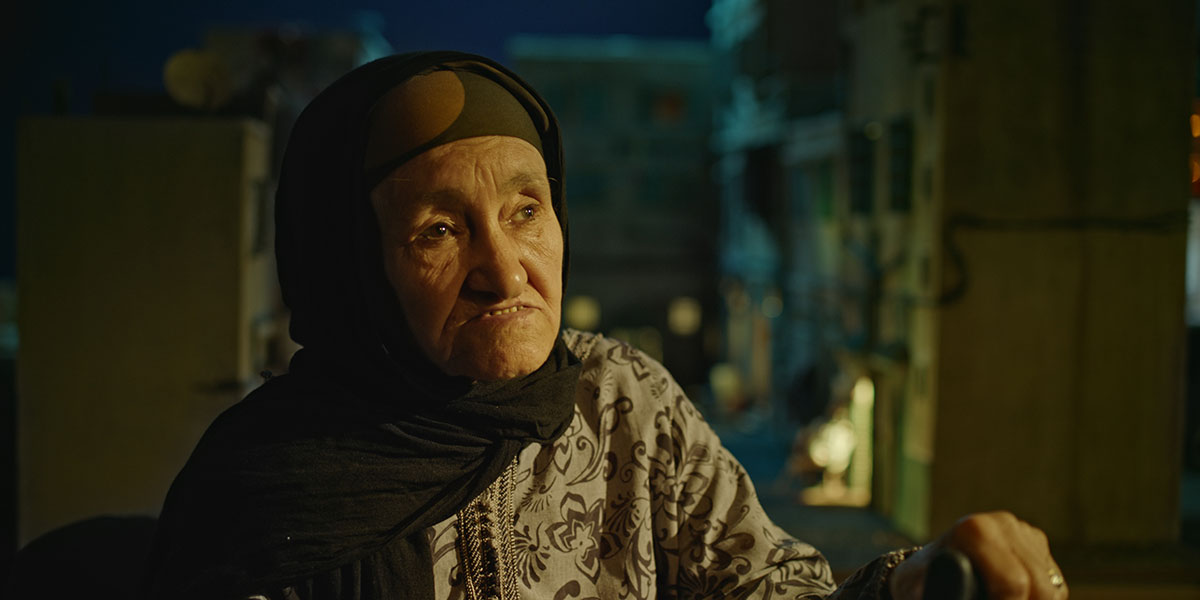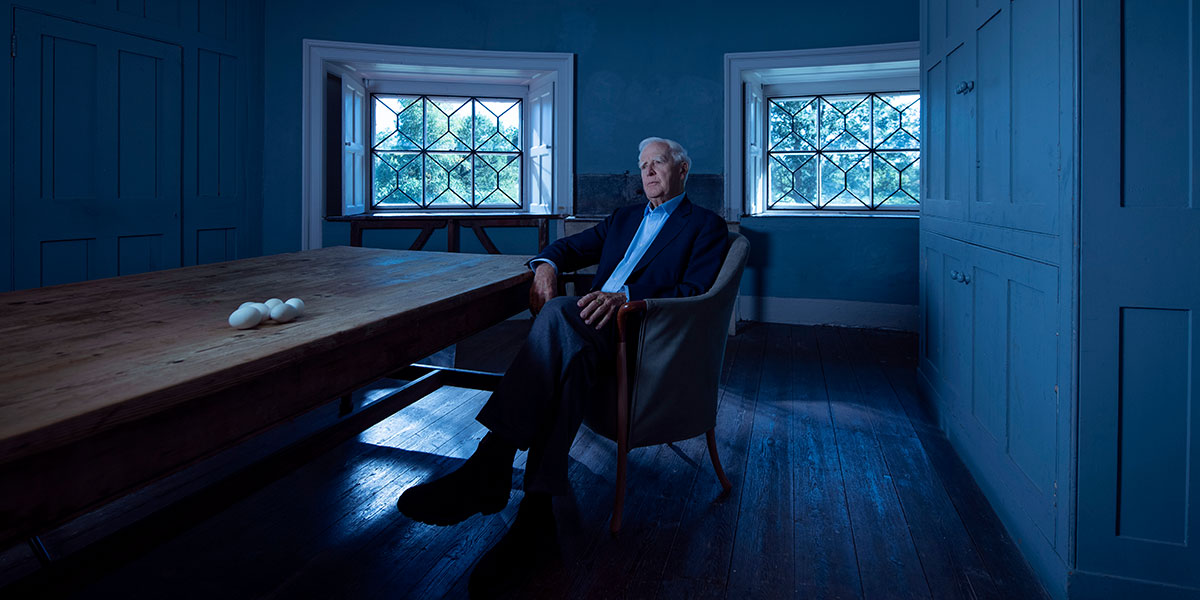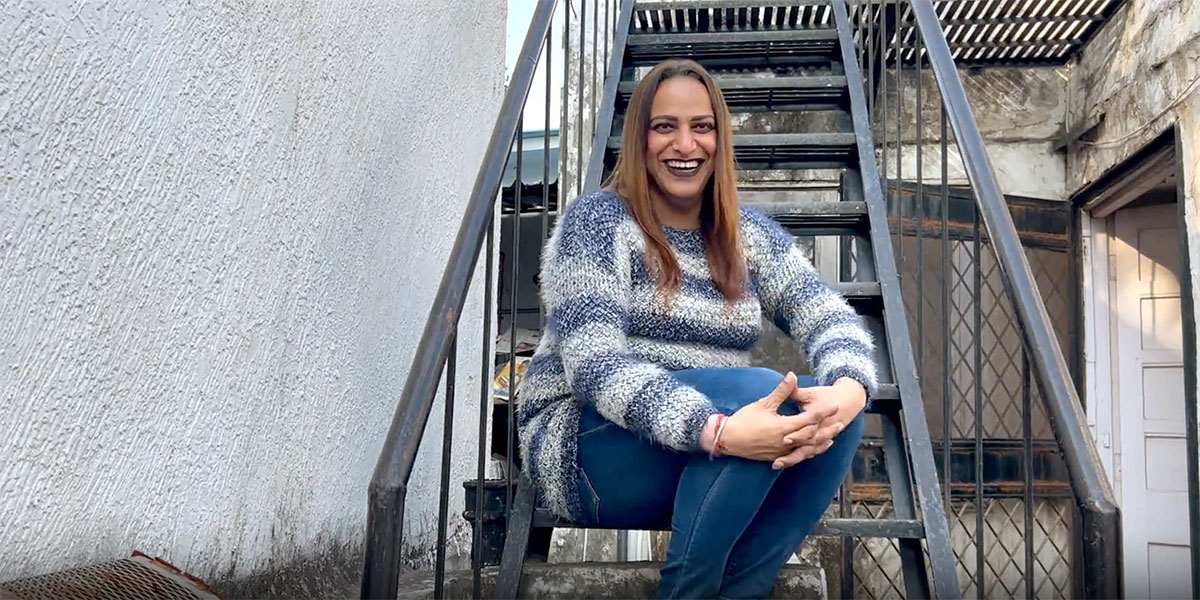The Mother of All Lies
(Morocco/Egypt/Saudi Arabia/Qatar, 97 min.)
Dir. Asmae El Moudir
Programme: TIFF Docs (North American Premiere)
In The Mother of all Lies writer/director Asmae El Moudir crafts an inventive documentary hybrid. Using equal parts diary film and collective history, with animation and re-enactments woven throughout, she strives to confront the secrets of the past. In seeking out her identity, she initiates a more inclusive process of healing. This filmmaker faces an impossible task, riddled with roadblocks, in which all visual evidence has been destroyed. But El Moudir remains steadfast, ingeniously employing tricks of the cinematic trade, along with a healthy dose of psychology, to wrestling these secrets out of the autocratic forces bent on quashing the truth. The Mother of all Lies, for which El Moudir received the Best Director award in Cannes’ Un Certain Regard and was the co-recipient of the festival’s Best Documentary Prize (alongside Four Daughters), becomes a brave act of rebellion.
El Moudir’s first task is to discover why there are so few family photos and, in particular, why there are none of herself. Her grandmother, as frightening a personality as any encountered in film, has forbidden them, and burned most of those that were taken over her objections. El Moudir’s parents, the more easy-going members of her family, allow this authoritarian matriarch to rule their house: they avoid any discussion on the subject. She is not only the de facto dictator in her family but we learn that she has always functioned that way in their neighbourhood’s overall dynamics.
What makes The Mother of All Lies so effective is that this director uses a diorama as a set, which becomes the backdrop for the action that gradually strips bare many secrets. She populates this stage with family and friends, along with a model of their house and neighbourhood in Casablanca, which her father builds during the course of the shoot. Her mother helps with the dolls that he makes, bringing them to life with clothing, and painting their faces. The individuals interact with their likenesses, as if to form a bond, with the exception of the grandmother, of course, who keeps throwing hers down and yelling that they are making her “deformed.”
El Moudir’s technique of using the dolls creates an animated effect that transports the viewer. Beyond the representational world, the film transitions into the visionary realm of the family’s memories. This works particularly well since there is no archival photographs or footage, and no real witness or experts to speak about what went on with El Moudir’s family.
The film slowly reveals the event that is central to the issues in the film, the starting point for all the secrets and trauma operating at the core. In June 1981, before she was born, the director’s family and neighbours participated in a strike known as the Bread Riots to protest the rising cost of food. The military cracked down, resulting in a massacre.
With her focused strategy, El Moudir is able to open the film up into a larger consideration of this turning point in their lives and to examine the irreparable trauma. She uses her camera to bind the viewer to the action of the film. It roves through the various spaces seeming to merge them at times as the participants interact with the models. There are reverse angles when each individual situates their respective doll inside one of the model’s rooms and the camera roams both across their bodies and within that enclosed space.
Such an approach illuminates moments of camaraderie, of collective sharing, even laughter, but more importantly it brings forth moments of piercing honesty. It’s like El Moudir has created a space for a therapy session, a safe enclave that is hidden from the real world.
There is a scene that is particularly unforgettable when one of their family friends, a former neighbour, shares his personal story of what happened to him and his family during the riots. Using the dolls, he acts out the events of the day, recounting each brutal detail as the camera remains rivetted to his progressively shaking body, recording every gesture, every cry, until he collapses with emotional exhaustion. It is a shattering experience to witness.
While there is a performative aspect in the use of these dolls, El Moudir’s strategy allays any fears of staging. She has created the circumstances for genuine emotion to take place. As a result, there is an honesty, a release, even a liberation, that arises from the very act of filmmaking.
The Mother of All Lies manages to uncover various realities, different perspectives that emanate from one long suppressed but never forgotten event. As viewers, we become witnesses as the shroud is lifted and truths are revealed. El Moudir’s successful burrow into past secrets enables a better understanding of the present. What begins as a highly personal inquiry evolves into a history of all that has been repressed. The film becomes a statement not just on individual realities but of those of groups and even nations.












